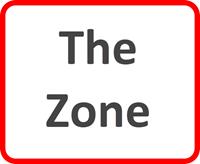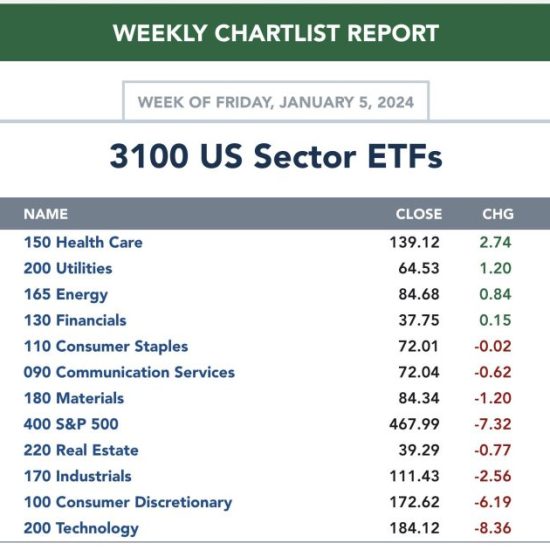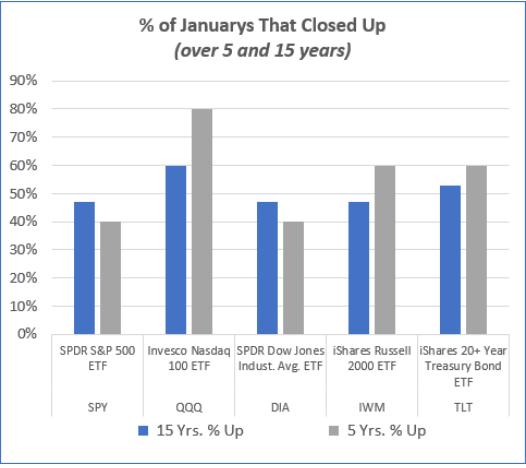The Silicon Valley Bank Collapse: Unraveling the Economic Consequences Introduction: In a shocking turn of events, the Silicon Valley Bank, once considered a pillar of stability in the tech industry, has collapsed, sending shockwaves through the economy. As the dust settles, the implications of this unprecedented event are beginning to emerge, leaving investors, entrepreneurs, and policymakers grappling with the aftermath. This article aims to delve into the far-reaching consequences of the Silicon Valley Bank collapse and shed light on the challenges that lie ahead. 1. The Fall of a Giant: The Silicon Valley Bank, renowned for its role in financing startups and supporting innovation, has been a key player in the tech ecosystem for decades. Its sudden collapse has left many questioning the stability of the entire industry. With billions of dollars in loans and investments at stake, the repercussions are likely to be felt far beyond the confines of Silicon Valley. 2. Investor Confidence Shaken: The collapse of the Silicon Valley Bank has dealt a severe blow to investor confidence. As news of the collapse spread, panic ensued, leading to a mass exodus of funds from the tech sector. This flight to safety has resulted in a significant decline in valuations of tech companies, making it increasingly difficult for startups to secure funding. The ripple effect of this loss of confidence is likely to be felt across the entire economy. 3. Startups Left in Limbo: For startups heavily reliant on the Silicon Valley Bank for funding, the collapse has left them in a precarious position. With their financial lifeline severed, many are now struggling to stay afloat. The sudden withdrawal of support has forced these companies to explore alternative sources of funding, often at higher costs and with greater uncertainty. This disruption to the startup ecosystem could stifle innovation and hinder economic growth in the long run. 4. Regulatory Scrutiny Intensifies: The collapse of such a prominent financial institution has raised serious questions about the effectiveness of regulatory oversight in the tech industry. As policymakers scramble to understand the root causes of the collapse, calls for stricter regulations and increased transparency are growing louder. The fallout from this event is likely to prompt a thorough review of the regulatory framework governing the financial sector, with a particular focus on the tech industry. 5. Economic Slowdown Looms: Given the Silicon Valley Bank’s significant role in financing startups and fueling economic growth, its collapse is expected to have a profound impact on the overall economy. As startups struggle to secure funding and investors become more risk-averse, the pace of innovation and job creation is likely to slow down. This, in turn, could lead to a broader economic slowdown, affecting not only the tech industry but also other sectors that rely on its dynamism. Conclusion: The collapse of the Silicon Valley Bank has sent shockwaves through the economy, leaving a trail of uncertainty and disruption in its wake. The implications of this event are far-reaching, affecting not only the tech industry but also investor confidence, startup ecosystems, regulatory frameworks, and the overall economic landscape. As stakeholders grapple with the aftermath, it is crucial to learn from this collapse and implement measures to prevent similar catastrophes in the future. Only through a collective effort can we rebuild trust, restore stability, and pave the way for a resilient and thriving tech industry.





